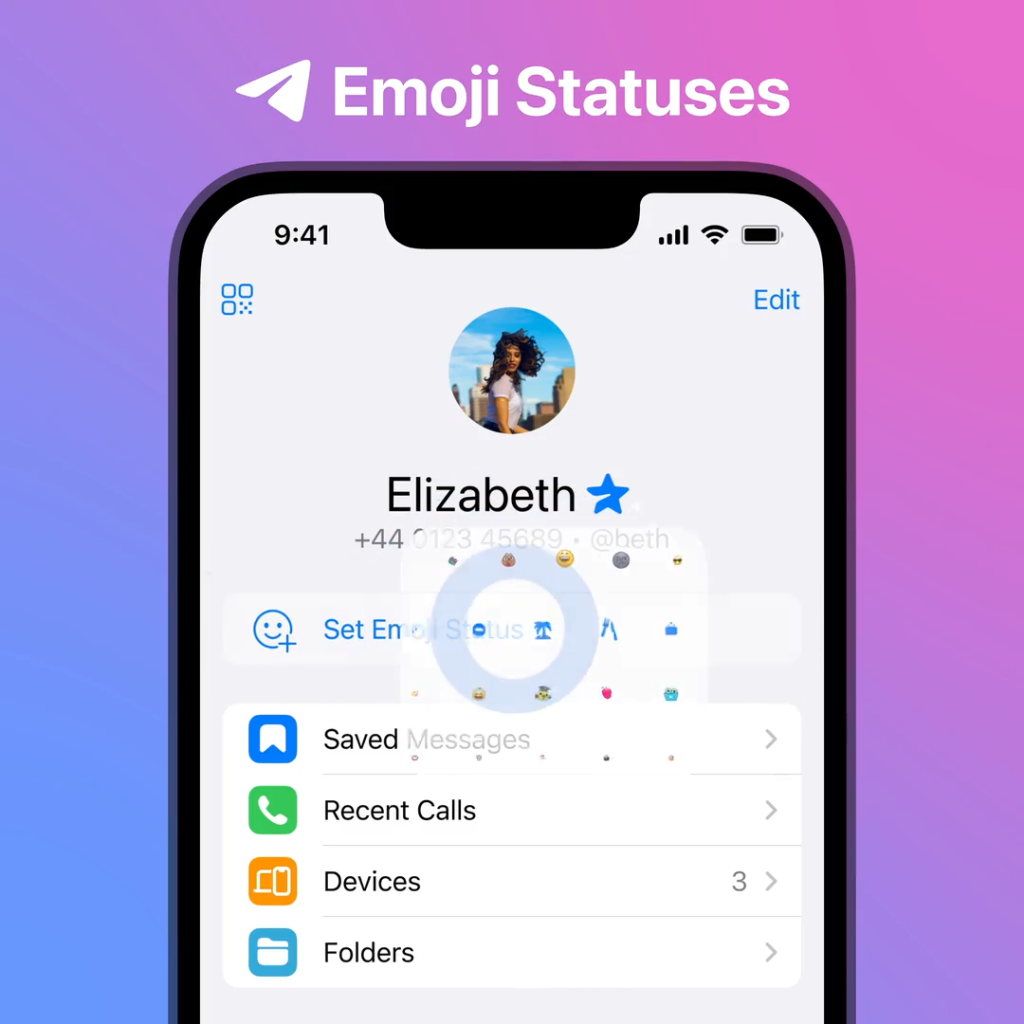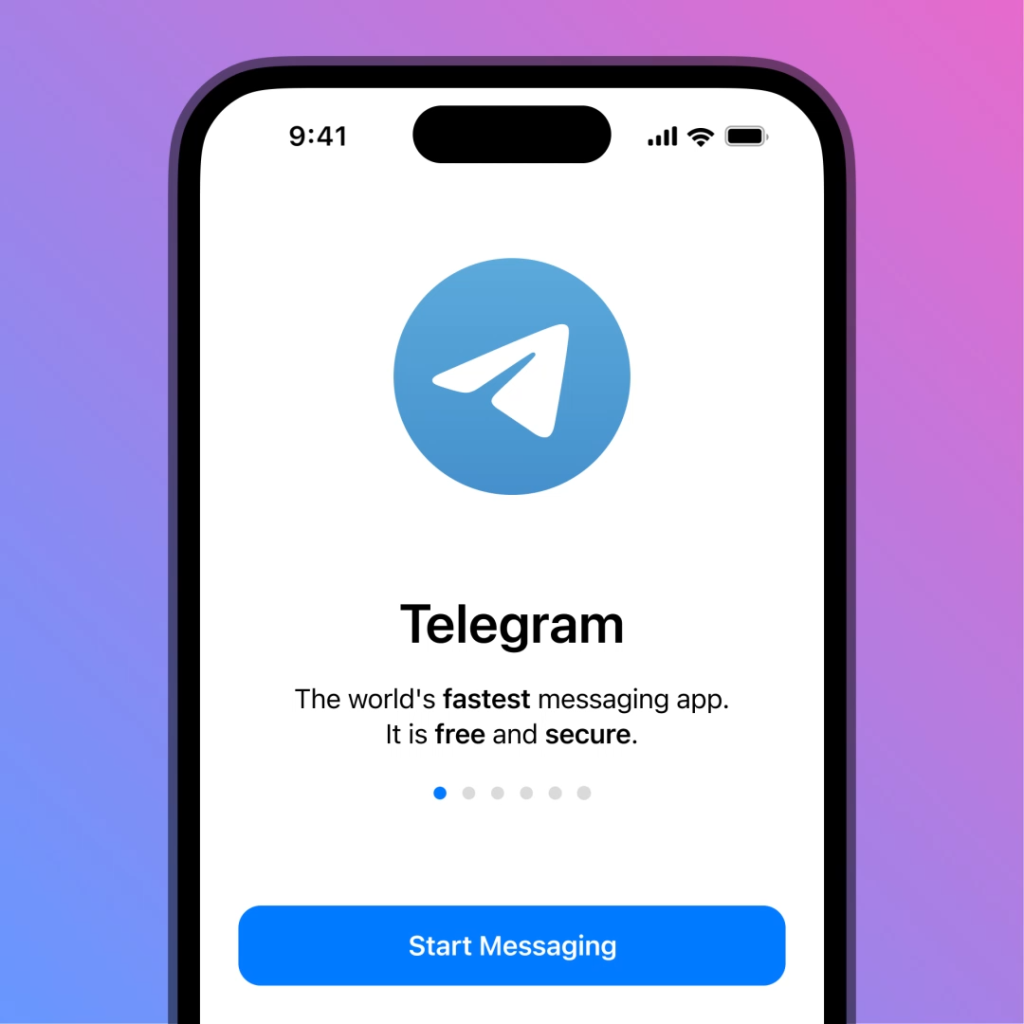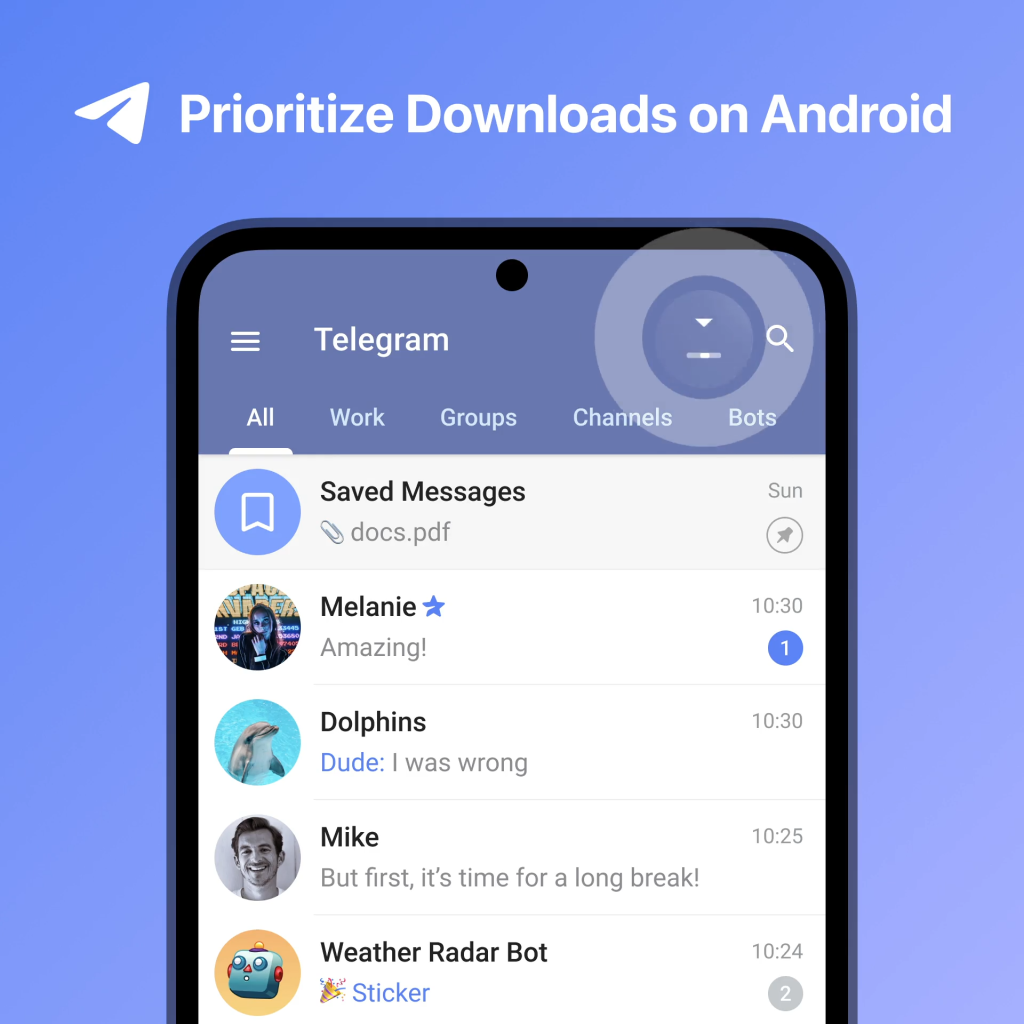
Trust Wallet’s disadvantages include limited customer support, mobile-only access, potential security risks, and high transaction fees on certain networks.
Limited Customer Support
Lack of Live Chat Support
One of the significant disadvantages of Trust Wallet is the absence of live chat support, which can be crucial for users needing immediate assistance.
- Delayed Responses: Without live chat, users may experience delays in receiving help, as they must rely on email or support tickets.
- Limited Real-Time Interaction: Users cannot interact with support staff in real-time, which can slow down the resolution of urgent issues.
- User Frustration: The lack of instant communication can lead to frustration, especially for users facing complex problems that require quick solutions.
No Phone Support Available
Another notable limitation is the absence of phone support, which could be a critical factor for users who prefer verbal communication for resolving issues.
- No Verbal Assistance: Users cannot speak directly to a support representative, which can be a drawback for those who find verbal communication more effective.
- Extended Resolution Time: Relying solely on written communication can extend the time required to clarify and resolve issues.
- Accessibility Issues: Some users may have accessibility needs that make phone support a more viable option compared to written communication.

Dependence on Mobile Devices
Limited to Mobile Platforms
Trust Wallet is primarily designed for mobile devices, which can be a limitation for some users.
- No Desktop Version: Users who prefer managing their cryptocurrencies on a desktop or laptop are unable to use Trust Wallet, limiting its accessibility.
- Smaller Screens: Managing complex transactions or multiple accounts can be cumbersome on smaller mobile screens.
- Platform Dependency: Relying solely on mobile platforms can be inconvenient for users who often switch between devices or prefer desktop environments for financial management.
Potential Device Security Risks
Using Trust Wallet on mobile devices introduces certain security risks that users need to be aware of.
- Device Theft or Loss: If a user’s mobile device is lost or stolen, there is a risk of unauthorized access to their wallet if the device is not properly secured.
- Malware and Viruses: Mobile devices can be susceptible to malware and viruses that could potentially compromise the security of the wallet.
- Security Vulnerabilities: Mobile operating systems may have vulnerabilities that could be exploited by hackers, putting the wallet at risk.
- Public Wi-Fi Risks: Using Trust Wallet over unsecured public Wi-Fi networks can expose users to potential man-in-the-middle attacks and other security threats.
No Desktop Version
Inconvenience for Desktop Users
The absence of a desktop version of Trust Wallet can be a significant drawback for users who prefer managing their digital assets on a desktop computer.
- Limited Usability: Users accustomed to managing their finances on a larger screen may find it inconvenient to switch to a mobile-only platform.
- Complex Transactions: Performing complex transactions or managing multiple accounts can be more challenging on a mobile device compared to a desktop setup.
- Work Environment: Users who work primarily on desktops or laptops may find it disruptive to switch devices just to access their cryptocurrency wallet.
Limited Access for Non-Mobile Users
Trust Wallet’s focus on mobile platforms restricts access for users who do not primarily use mobile devices.
- No Desktop Support: Users who do not use smartphones or prefer to avoid mobile devices are unable to use Trust Wallet, limiting their options.
- Cross-Device Synchronization: Without a desktop version, users cannot easily sync their wallet between mobile and desktop environments, which could be essential for comprehensive financial management.
- Accessibility Concerns: Some users may have accessibility needs that are better met by desktop applications, such as larger screens and keyboard navigation, which are not available with Trust Wallet’s mobile-only design.

User Responsibility for Security
Full Control Over Private Keys
Trust Wallet provides users with full control over their private keys, which enhances security but also places significant responsibility on the user.
- Complete Ownership: Users have complete ownership and control of their private keys, meaning Trust Wallet does not store or manage these keys.
- Self-Custody: This self-custody approach ensures that only the user can access and manage their funds, reducing the risk of third-party breaches.
- Enhanced Security: Having full control over private keys means that users are not reliant on a central authority, which can be a target for hackers.
Risk of Losing Recovery Phrase
With great control comes great responsibility, and the management of the recovery phrase is a critical aspect of using Trust Wallet.
- Single Point of Failure: The recovery phrase is the only way to restore access to the wallet. Losing it means permanent loss of access to the funds.
- Secure Storage Required: Users must securely store their recovery phrase in a safe, offline location to prevent unauthorized access.
- No Recovery Options: If a user loses their recovery phrase and private keys, there is no way to recover the account, making it crucial to handle this information with utmost care.
- User Vigilance: Users need to be vigilant about not sharing their recovery phrase with anyone and protecting it from theft or loss.

Limited Token Support
Not All Cryptocurrencies Supported
Trust Wallet supports a wide range of cryptocurrencies, but it does not support all of them. This limitation can be significant for users who hold or trade less common digital assets.
- Popular Cryptos Only: While Trust Wallet supports major cryptocurrencies like Bitcoin, Ethereum, and Binance Coin, it may not support newer or less popular tokens.
- Expansion Limitations: Adding new cryptocurrencies often requires development and updates, meaning support for certain tokens can be delayed.
- User Frustration: Users who want to manage a diverse portfolio may find it frustrating if their preferred cryptocurrencies are not supported by Trust Wallet.
Restricted to Certain Blockchain Networks
Trust Wallet’s functionality is also limited by the blockchain networks it supports. This can restrict users who want to engage with tokens and assets on different networks.
- Major Networks Only: Trust Wallet supports prominent blockchain networks like Ethereum, Binance Smart Chain, and others, but may not support smaller or emerging networks.
- Interoperability Issues: Users dealing with tokens on unsupported networks need to use additional wallets or services, complicating their asset management.
- Network-Specific Tokens: Certain tokens that operate on niche or specialized networks may not be accessible through Trust Wallet, limiting user options for diverse blockchain interactions.

Issues with DApps
Compatibility Problems with Some DApps
While Trust Wallet includes a built-in DApp browser, users might encounter compatibility issues with certain decentralized applications.
- Limited Support for Some DApps: Not all DApps are fully compatible with Trust Wallet, which can restrict users from accessing the full range of decentralized applications available.
- Frequent Updates Needed: DApps often require updates to remain compatible with the latest blockchain protocols and wallet versions, leading to potential downtime or functionality issues.
- User Experience Variability: The user experience can vary significantly between different DApps, with some working seamlessly while others face performance issues or bugs.
Limited DApp Browser Functionality
The DApp browser within Trust Wallet, although useful, has its limitations, which can impact the user experience.
- Basic Browser Features: The built-in DApp browser may lack some advanced features found in standalone browsers, such as extensions and customizations, which can enhance user interaction.
- Navigation Challenges: Navigating and interacting with DApps on a mobile device can be less efficient compared to using a desktop browser, leading to a less optimal user experience.
- Security Concerns: Using a mobile browser for DApps can pose security risks if not properly managed, as mobile devices are more susceptible to malware and phishing attacks.

Transaction Fees
High Gas Fees on Certain Networks
One of the notable drawbacks of using Trust Wallet, particularly for transactions on specific blockchain networks, is the high gas fees.
- Ethereum Network Fees: Transactions on the Ethereum network can incur high gas fees, especially during periods of network congestion.
- Impact on Small Transactions: High gas fees can significantly affect the cost-efficiency of small transactions, making them disproportionately expensive.
- Fluctuating Costs: Gas fees are subject to fluctuation based on network demand, which can make it challenging to predict transaction costs accurately.
No Control Over Network Congestion
Trust Wallet users also face issues related to network congestion, over which they have no control.
- Delayed Transactions: Network congestion can lead to delays in transaction processing times, which can be problematic for time-sensitive transfers.
- Increased Costs: During peak usage times, the cost of transactions can spike as users compete to have their transactions processed, resulting in higher fees.
- Uncertainty in Execution: Users may experience uncertainty about when their transactions will be confirmed, leading to frustration and potential financial implications.